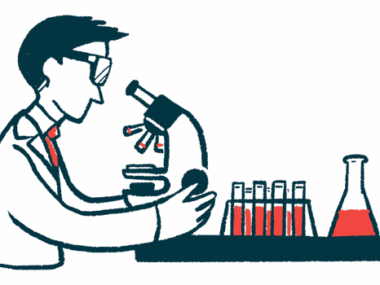First PWS Genome Sequencing Project Now Enrolling Participants
Written by |

The Foundation for Prader-Willi Research (FPWR) is launching the first Prader-Willi syndrome (PWS) Genome Project, it announced.
This project aims to unveil how variations in patients’ DNA influence the range and severity of PWS symptoms, and impacts response to different treatments.
Initially, it is looking to enroll about 50 participants, ages 10 to 65 and residing in the U.S., with a genetically confirmed diagnosis of PWS. The FPWR is hoping to expand enrollment in the future.
Participants must be enrolled or willing to enroll in the Global PWS Registry, and have all surveys completed or up to date in the last three months.
Additionally, participants who enroll will need to provide a blood sample, which can either be retrieved on a piece of filter paper or during a blood draw. Copies of medical records also may be requested.
Those interested in joining the study should contact Caroline Vrana-Diaz, PhD, the research project coordinator for the FPWR, at [email protected].
Each participant will receive the results within nine months to one year after blood collection, and a discussion about the findings will be conducted with the researchers either by phone or in a video conference.
The results from the PWS Genome Project will expand researchers’ understanding of the genetics of PWS and how genetic variants may likely impact the risk of certain patients for more severe symptoms, or poorer response to treatments.
“We’re excited to take the first steps towards harnessing the knowledge of the genome to better understand and optimize individual outcomes for those with PWS,” said Theresa Strong, director of research programs at FPWR.
The new genome project is the next step after the establishment, back in 2015, of the Global PWS Registry, a comprehensive database, compliant with U.S. health information privacy laws and Food and Drug Administration regulations.
The registry was established with the goal of accelerating research and increasing the chances for better therapies for PWS.
It gathers the insight of caregivers for patients with PWS around the world regarding the natural progression of the disease. Topics include problems in sleep and mental health, as well as the effectiveness of therapy.
The information is shared across the PWS community, helping to establish new standard treatments, quicken clinical trials, and facilitate partnerships with university researchers and pharmaceutical companies.





